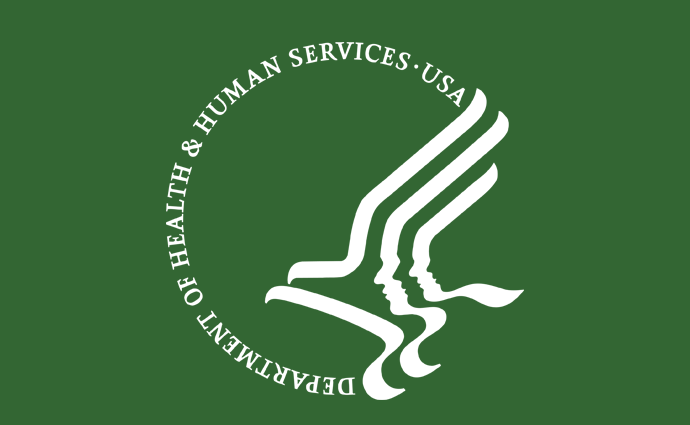HHS Pauses Appeal of Surprise Billing Ruling on IDR Provisions
The court has granted the request from HHS to pause its appeal against a surprise billing ruling while the department works on issuing a final rule.

Source: HHS logo
- HHS has requested a hold on its recent appeal of a Texas federal court ruling regarding the interim final rule on surprise billing, according to reporting from the American College of Emergency Physicians (ACEP).
In February 2022, a federal judge ruled in favor of the Texas Medical Association (TMA), stating that the independent dispute resolution (IDR) process in the HHS interim rule on surprise billing violated the policies under the No Surprises Act.
On April 22, 2022, HHS submitted a notice of appeal to the US Court of Appeals for the Fifth Circuit challenging the ruling.
According to ACEP, HHS has asked the court to hold its appeal until the department releases the surprise billing final rule this summer. The court granted the request to pause proceedings on May 3, 2022.
In the October 2021 lawsuit, TMA stated that the interim final rule puts undue emphasis on the qualifying payment amount (QPA) when directing IDR entities to determine a reimbursement rate for out-of-network surprise bills.
The organization alleged that the IDR provisions in the interim rule contradict what the No Surprises Act says. The No Surprises Act directs IDR entities to consider several factors when determining a reimbursement rate, including the QPA, provider training and experience, the difficulty of the service, and party attempts to enter into a network agreement.
TMA asserted that IDR entities have been neglecting other factors and only considering the QPA, or the payer’s median in-network rates, which has resulted in lower reimbursement rates for providers.
The lawsuit requested that HHS vacate the IDR provisions in the interim final rule, and US District Court Judge Jeremy Kernodle sided with the organization.
Shortly before HHS submitted its appeal, CMS updated its guidance on surprise billing, clarifying that IDR entities must consider more than just the QPA when determining reimbursement amounts for out-of-network services.
According to the American Hospital Association (AHA) and American Medical Association (AMA), both of which have pushed back against the interim final rule, the final surprise billing rule was expected in May. HHS has since told the court that it intends to issue a final rule by early summer.
However, the trade organizations stressed that the court should vacate the provisions before HHS issues the final rule. This would ensure that the sections would not be included in the final rule and help avoid future legal action.
ACEP, the American College of Radiology (ACR), and the American Society of Anesthesiologists (ASA) supported the decision from HHS to pause its appeal, calling it a step in the right direction. The groups stated that they would work with CMS and other federal agencies to ensure that the surprise billing final rule complies with the Texas court ruling.
